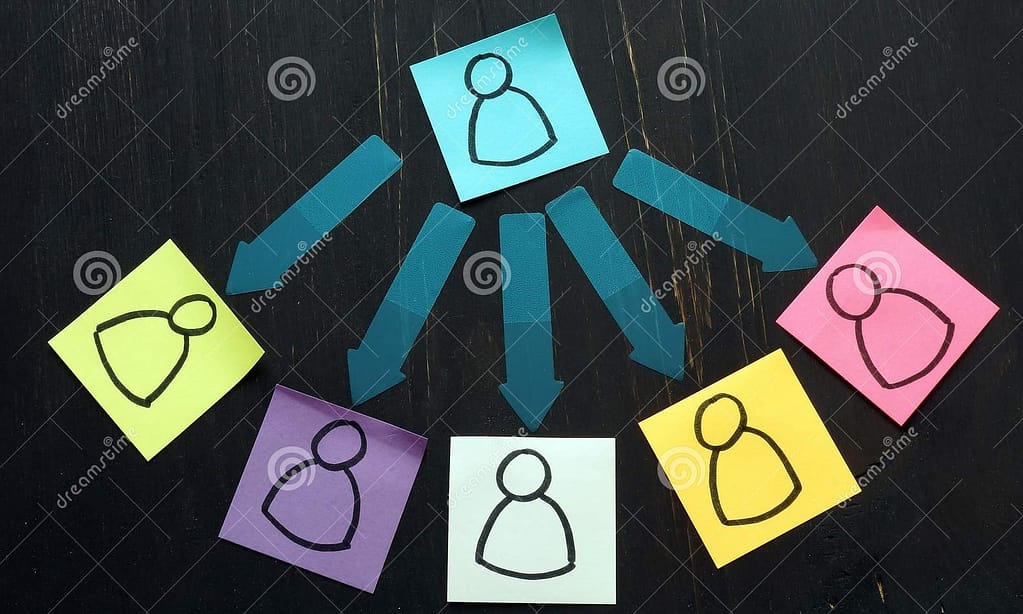As a manager, one of the most pivotal roles you’ll play is that of a coach.
While hard skills like technical know-how and industry expertise are essential, soft skills such as communication, empathy, and emotional intelligence are equally, if not more, crucial in establishing a productive, collaborative, and positive work environment.
Here, we’ll explore how to effectively coach your direct reports in these soft skills, even if you’re new to the managerial role.
Understanding the Importance of Soft Skills
Before delving into coaching methods, it’s important to understand the value of soft skills.
These are transferable abilities that enhance an individual’s interactions, job performance, and career prospects.
Unlike hard skills, which are often job-specific, soft skills are broadly applicable across jobs and industries.
They include critical thinking, problem-solving, teamwork, time management, adaptability, and emotional intelligence, among others.
In today’s fast-paced and collaborative work environments, soft skills are vital for successful teamwork and effective leadership. They foster better communication, enhance relationships, and create a more inclusive and positive workplace culture.
Therefore, as a manager, coaching your team in these skills is a responsibility you should prioritise.
Would you like to Make A SMOOTH TRANSITION AND THRIVE CONFIDENTLY in your New Role ?
Get the FREE NEW MANAGERS GUIDE TO THRIVE CONFIDENTLY HERE

Step 1: Set Clear Expectations
The first step in coaching soft skills is to set clear expectations.
This involves defining what each soft skill means in the context of your team and their roles.
For instance, ‘communication’ could mean being able to articulate ideas clearly in meetings, while ‘teamwork’ might involve collaborating effectively on projects.
Once you’ve defined these skills, communicate your expectations to your team.
They should understand why these skills are important and how they can demonstrate them in their roles.
Step 2: Lead by Example
One of the most effective ways to teach soft skills is to model them yourself.
As a manager, your team will look to you for guidance and will often mirror your behaviours.
If you want your team to communicate effectively, ensure that you’re doing the same.
If you want them to demonstrate empathy, show empathy in your interactions with them.
Step 3: Provide Constructive Feedback
Feedback is a powerful tool for improvement. Make a habit of providing constructive feedback to your team, focusing on their soft skills.
Remember, the key is to be specific, balanced, and timely.
Highlight both their strengths and areas for improvement, and provide this feedback soon after the relevant event or behaviour, when it’s still fresh in their minds.
Step 4: Encourage Self-Reflection
Self-awareness is a critical soft skill.
Encourage your team to reflect on their interactions and performances.
This could be through one-on-one meetings, self-assessment tools, or even team-building exercises.
By reflecting on their own behaviours, they can identify areas for improvement and set personal goals for development.
Step 5: Facilitate Training and Development Opportunities
As a manager, it’s your responsibility to aid your team’s development. This might involve facilitating training workshops, bringing in external coaches, or providing resources for self-learning.
Remember, learning is a continuous process and everyone can benefit from a refresher course in soft skills.
Coaching your team in soft skills can be a challenging but rewarding task.
By setting clear expectations, leading by example, providing constructive feedback, encouraging self-reflection, and facilitating training opportunities, you can foster a work environment where soft skills thrive.
As a result, you’ll not only have a happier and more effective team, but you’ll also become a more effective manager yourself.
Remember, everyone is on their own journey of personal and professional development.
As a manager, your role is to guide, support, and motivate your team as they navigate this journey.
What is one area where you will coach your direct reports in soft skills? How will you do that ?
Happy coaching!
Need help to enhance your coaching skills, DM me or Write to me at -hrleadwithpassion@gmail.com
Have an Awesome Day !
Babita Sharma
Leadership Coach
www.leadwithpassion.co.in







